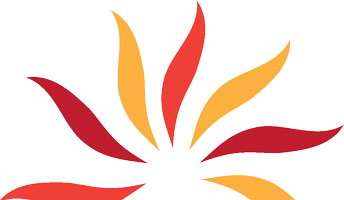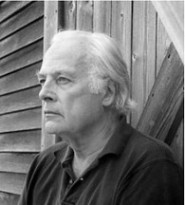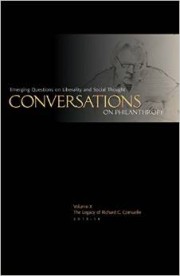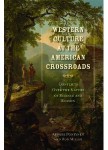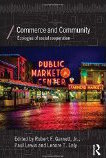Tocqueville in America
Michael McDonald offers a thoughtful review of two recent books illuminating Tocqueville’s journey through antebellum America. He writes:
The letters foreshadow Tocqueville’s fear of the tyranny of public opinion. After having been in America for a month, he wrote to a friend about “the broad communality of certain opinions,” for example, that the American form of government is the best of all possible governments and that man is indeed perfectible through education. Did he think the coming triumph of democracy a good thing? “The one obvious fact is that we are slogging through a period of transition. But are we moving toward freedom? Or are we marching toward despotism? God only knows.”
Throughout his travels, Tocqueville appreciated the interaction—or lack thereof—between associations, political institutions, and the state: “In this happy land, the restlessness of the human spirit does not mobilize political passions. On the contrary, everything draws it toward an activity that leaves the state alone.” Indeed, on more than one occasion, Tocqueville would record his astonishment in the face of a “society [that] walks on its own, and promises not to encounter any obstacles.” Tocqueville wrote to his father:
While among us, government meddles in everything, here there is not, or appears not to be any government at all. Alike the virtues and defects of centralization are seemingly unknown; there is no mainspring regulating the machine’s moving parts.
This “missing mainspring,” of course, is what Adam Smith described as an “invisible hand,” more a mystery than a mechanism, manifest in a pattern of observable results. It is one of our puzzles to explore more deeply the science of the forms of human association and social cooperation that can bring beneficial social order out of human action that is largely independent of political ends.
